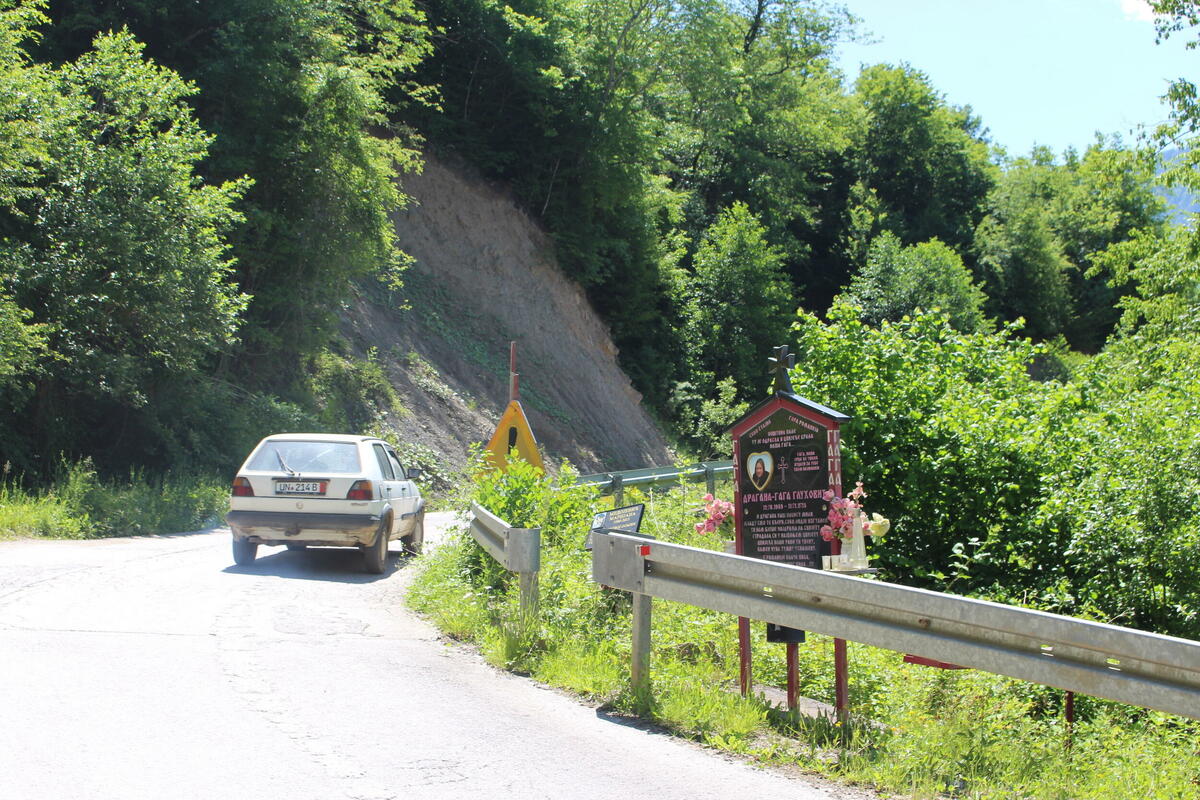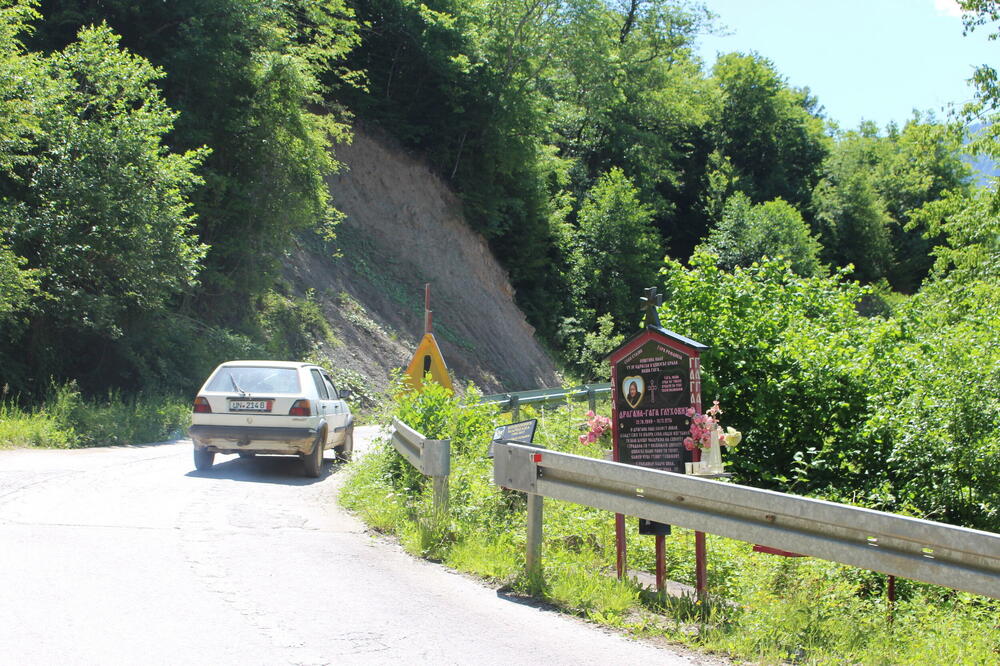The construction of the road section from Foča to Šćepan Polje, as well as a modern bridge over the Tara River, intended to connect Bosnia and Herzegovina with Montenegro, is delayed despite promises. The project is financed by the World Bank and the European Bank for Reconstruction and Development, with a value of several million euros. The reasons for the delay are multiple, including procedural obstacles, lack of clear deadlines, and technical design issues. The road is of great importance for the development of tourism and the economy in the region, but the current state of the road and the border crossing on the Bosnian side is poor, with narrow gravel sections and an outdated border crossing. Local residents and entrepreneurs express doubts about the project’s realization, while the responsible institutions of both countries claim to have fulfilled their obligations and expect construction to start soon. The project also has a symbolic dimension, connecting two neighboring capitals, Sarajevo and Podgorica, which are geographically close but poorly connected by transport.
Political Perspectives:
Left: Left-leaning reports emphasize the socio-economic impact of the delayed infrastructure project, highlighting how the poor road conditions hinder regional development, tourism, and the livelihoods of local communities. They often criticize bureaucratic inefficiencies, lack of transparency, and possible corruption in the project management, calling for greater accountability and faster action to improve connectivity and regional cooperation.
Center: Center-leaning coverage tends to focus on the factual status of the project, reporting on the delays, the financial backing by international institutions, and the technical and procedural challenges faced. They present statements from officials of both countries and underline the importance of the project for regional integration and economic development, maintaining a neutral tone without assigning blame.
Right: Right-leaning narratives may emphasize national interests and sovereignty concerns, possibly highlighting the symbolic importance of connecting the two capitals and the strategic value of the infrastructure. They might also focus on the need for efficient project execution and criticize any perceived mismanagement or political interference, stressing the importance of fulfilling promises to citizens and boosting national pride through infrastructure development.














